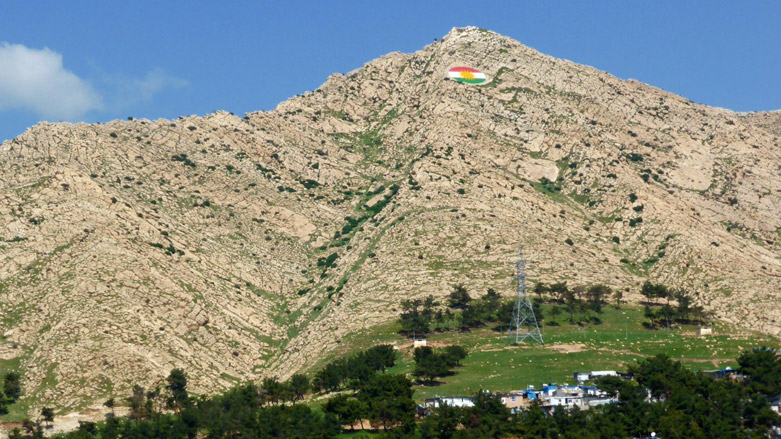EU wants to promote non-fossil energy in Kurdistan, Iraq: Director for Development

ERBIL (Kurdistan 24) – The European Union is interested in development opportunities in the Kurdistan Region and will concentrate on implementing projects in the energy sector, an EU official recently stated.
During a recent event in Erbil, Pierre Amilhat, the EU Director for Development Cooperation for Asia, Central Asia, Middle East/Gulf, and the Pacific Region, expressed his optimism about investment and development opportunities in the semi-autonomous region.
Development in the Kurdistan Region was halted following years of war with the so-called Islamic State (IS). Now that IS has been militarily defeated, the Kurdistan Regional Government (KRG) is eager to attract companies and businesses from abroad who are looking to invest in its economy.
Amilhat relayed the EU’s interest in promoting non-fossil energy around the world and pointed to the opportunity to do so in Kurdistan by transforming gas flares into energy generation.
“We have a very strong position in the European Union and that is to promote energy that is non-fossil,” he told Kurdistan 24.
“Of course, we still depend on fossil energy, but we are working very much with all partners in the world to ensure the transition to a non-carbon, a non-oil and gas type of energy.”
The EU director said the energy projects are meant to tackle the issue of climate change and reduce factors which contribute to global warming.
“If everybody stops producing things like gas flaring, for instance, which are making a great contribution to global warming and put it through technology to good use, recycle this energy into electricity for instance.”
The EU director also spoke about relations between the KRG and the Iraqi government and said the energy projects will benefit both Erbil and Baghdad.
We are here “to establish a partnership with the government in Baghdad but also a partnership here with the [KRG] that seems to be conducting very responsible policies and very advanced policies as well.”
(Kurdistan 24 correspondent Blessa Shaweys conducted the interview)
